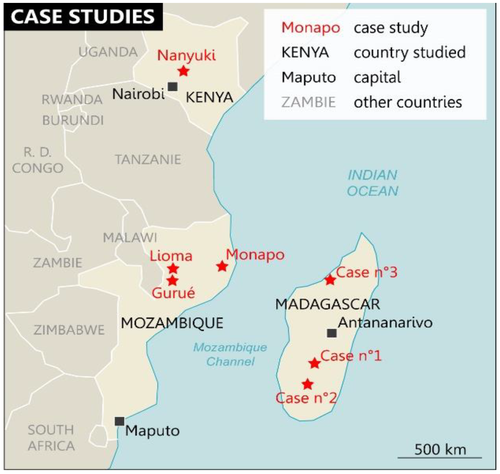Evaluating the impact of large-scale agricultural investments on household food security using an endogenous switching regression model
Authors: Wegayehu Fitawek and Sheryl L Hendriks
Published: 2021
Source: Land
This study set out to estimate the effects of large-scale agricultural investments (LSAIs) on household food security in one community each in Kenya, Madagascar and Mozambique. An endogenous switching regression model was adopted to control for a possible selection bias due to unobserved factors. It was found that households with members employed by large-scale agricultural investment companies were more likely larger households headed by younger migrant males holding smaller plots and fewer livestock than non-engaged households. The endogenous switching regression results confirmed the presence of both a positive and negative selection bias. In general, the results showed that households with a member employed by an LSAI enjoyed better household food security, higher dietary diversity, better food consumption scores and more adequate household food provisioning. Households without employed members could also enjoy these benefits should the LSAIs employ their members. However, the seasonal nature and low wages paid by LSAI may only support the purchase of food and not facilitate savings and investments to significantly improve food security.
